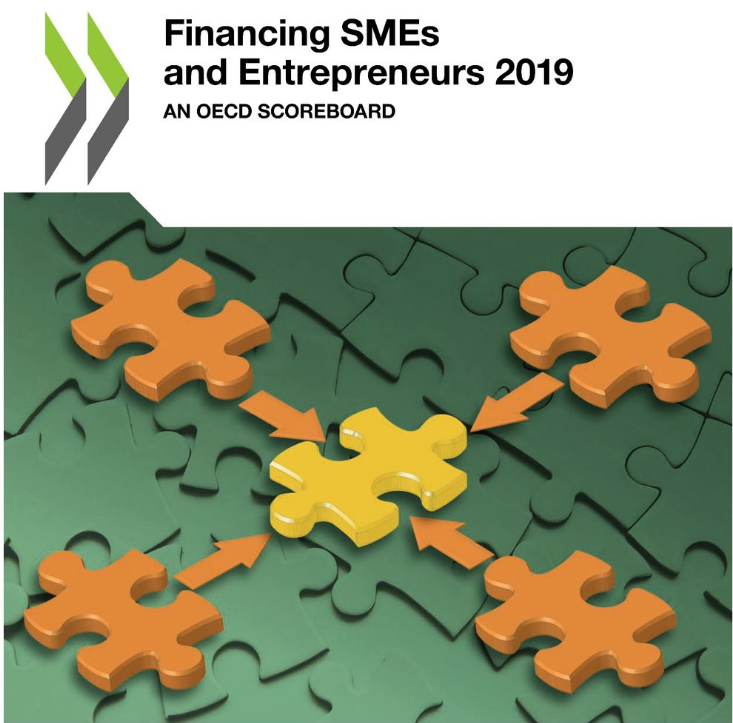The 8th edition of “Financing SMEs and Entrepreneurs 2019” released by the OECD provides data from 46 countries around the world on debt finance, alternative finance instruments and financing conditions, as well as information on policy initiatives to improve access to finance. According to the report, bank lending to SMEs increased at a moderated pace across countries, with significant cross-country variation in 2017.
Alternative financing instruments keep on expanding and in particular:
- Factoring volumes were up by a median value of 3.3% in 2017, with demand from internationally active SMEs driving the growth of the industry;
- Leasing and hire purchase activities increased in 26 out of 34 countries at a median rate of 6.2 %;
- Private debt grew by 10% globally and by a 27% in Europe in 2017;
- Venture capital investments grew in the majority of countries;
- Online alternative finance such as equity crowdfunding and peer-to-peer lending expanded considerably in 2017 and especially in those countries with relatively small markets. Estimates show that business angels investments grew in both Europe of +9% and in the USA of +12.6 %.
Financing SMEs remains a priority on government agendas. The report points out four policy trends:
- Credit guarantees are being expanded in scale and volumes or modified in terms of eligibility criteria. The idea is to better target specific segments of SMEs such as innovative firms, startups or women entrepreneurs;
- Payment delays remain a challenge to be addressed, for example by introducing payment codes and e-invoicing systems;
- Regulatory frameworks and targeted policies to support the development of the Fintech sector have been introduced in a variety of countries;
- Support to the venture capital industry has been introduced or developed, for example through the establishment or expansion of public funds co-investing with the private sector.
To read the complete report, please click here.
Source: The Organisation for Economic Co-operation and Development - OECD


